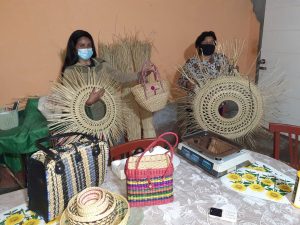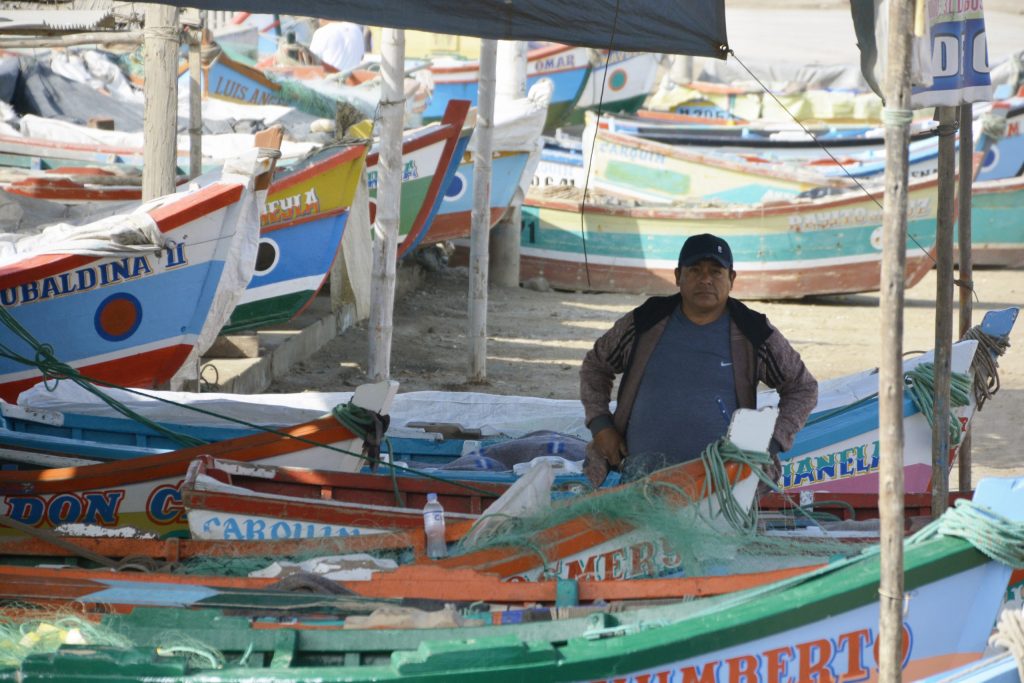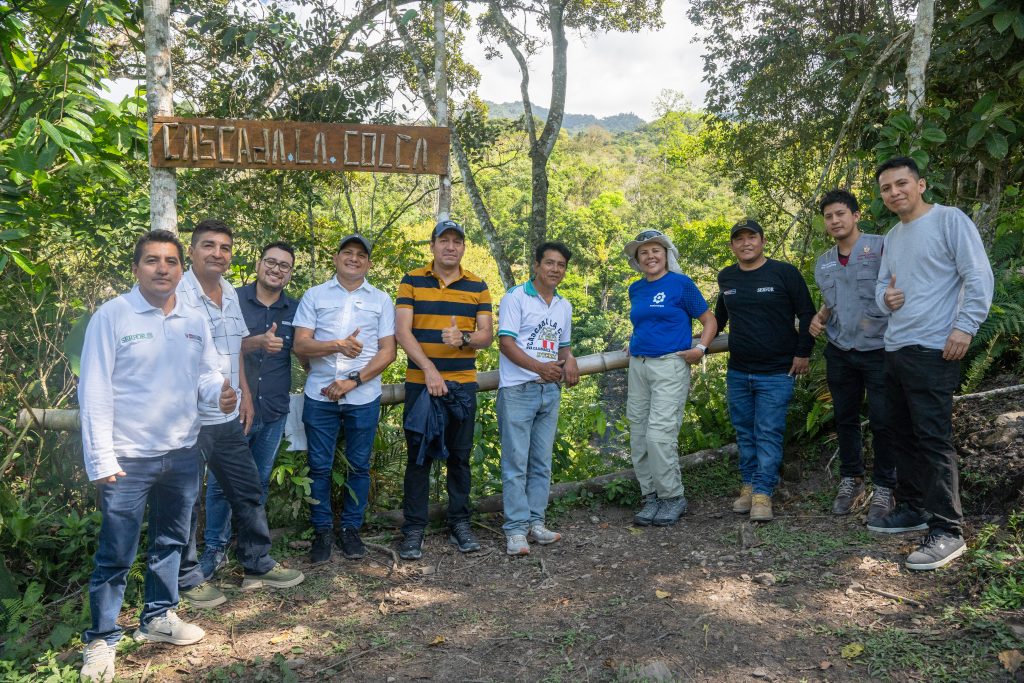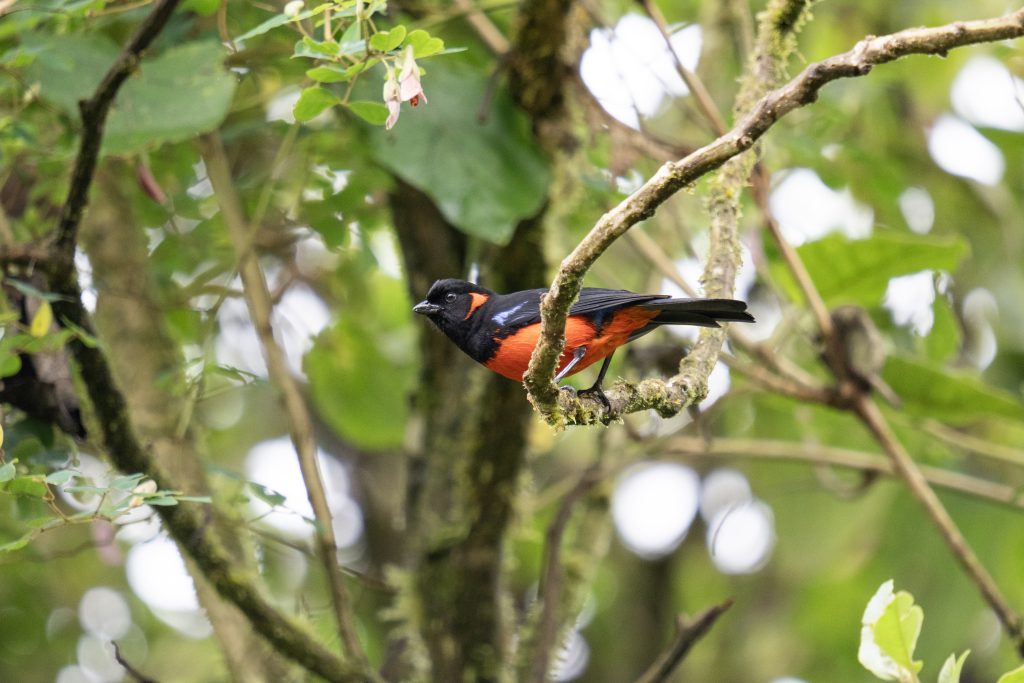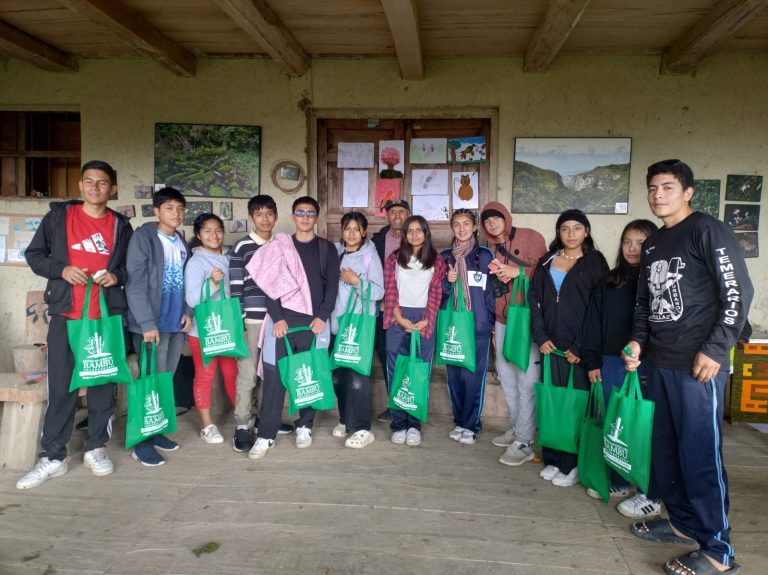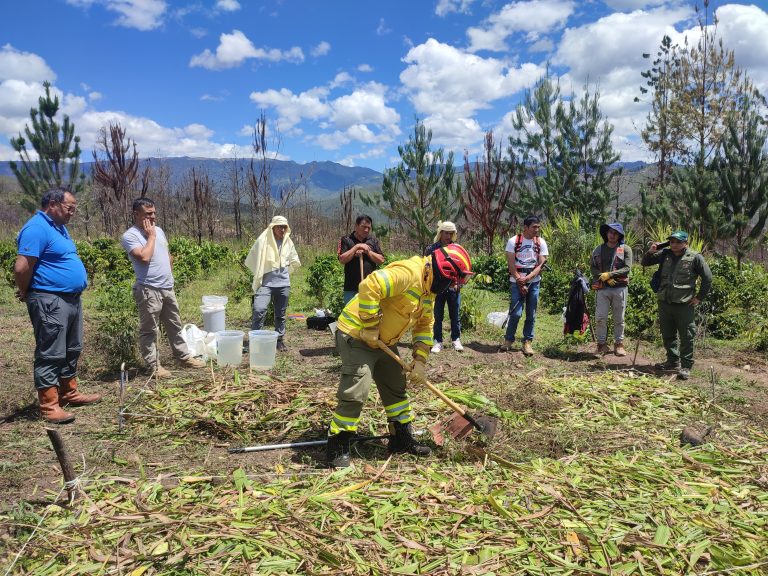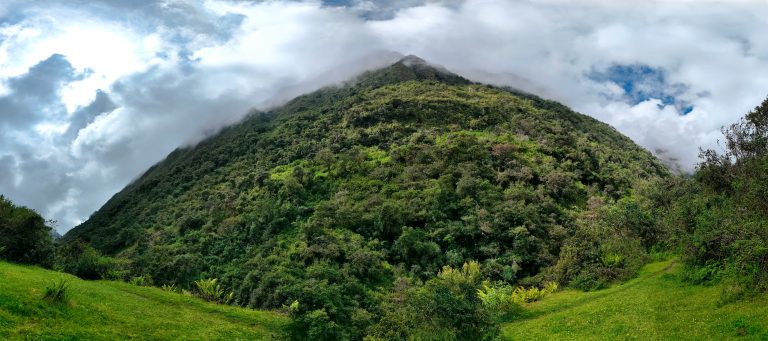Peru has one of the most productive fishing grounds in the world, as its waters are rich in nutrients. A large part of the sector is made up of local artisanal fishermen, most of whom live in poverty despite providing the main source of food for many coastal residents.
However, changes are underway. Through an innovative project funded by the Adaptation Fund and implemented by Profonanpe (Peru’s Environmental Fund) and the Peruvian government (Instituto del Mar and Ministry of Production), small fishing communities on the north and south coasts are increasing their resilience to climate threats by adopting sustainable fishing practices, diversifying livelihoods and improving food security and seafood quality, while restoring the natural marine ecosystems on which they depend and increasing their incomes.
The USD 7 million project, which began in May 2018, focuses on directly reducing the vulnerabilities of 500 fishermen
in the coves of Máncora-Piura, El Ñuro, Los Órganos and Cabo Blanco in the north, and 200 fishermen in the coves of Végueta and Carquín and the fishing port of Huacho-Lima in the south; at the same time, this will indirectly benefit thousands more people. «With effort, dedication and care, you achieve what you set out to do. And, with this project the results will be much better. I would say it is working well and we should continue,» said Marcelino Gonzales, a member of the Artisanal Fishermen’s Guild of Caleta El Ñuro in Mancora, who has been able to sell products directly and participate in fishing fairs thanks to the project. For several years, he and other fishermen had had to market their products through multiple intermediaries.
Other project actions include improving employment in the processing stage of fish products, access to international markets through sustainable fisheries certifications, resource management and recovery of depleted species, use of sustainable fishing equipment (such as long lines, which reduce the catch of other species and fuel costs), and diversification of aquaculture (such as scallop and clam farming in fishing cooperatives).
The project also aims to contribute to gender equality, as many women benefit from creating alternative livelihoods in ecotourism and biofertilizer production for fisheries, and obtain better prices when marketing products.
Luz María Jacinto and Josefa Ruiz, who sell fresh fish in Máncora, gained more experience marketing their products under the project. «We are gaining more experience, learning more. We feel like a family, because we already have a friendship, more trust. We are like sisters because we support each other,» said Josefa.
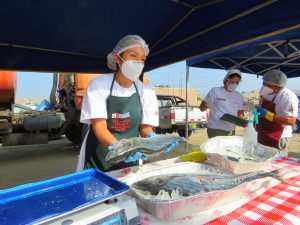
Adapting to the COVID-19 pandemic
The COVID-19 pandemic interrupted many project activities, including the implementation of some local measures on the ground, but efforts were increased to support fishing families affected by the situation.
A women’s association in Lima has been able to open new channels to make their handicrafts more widely known, and this is generating increased income for them. «We have had the support of the project to continue promoting our activity in these difficult times. They gave us backing with all the sanitary equipment we need to continue making reed fiber,» said Yolanda Osorio, a member of the Medio Mundo Association of Women Artisans in Huaura, which promotes women’s empowerment through handicrafts. «Through the project, we created an online store. At the moment, it is the only way we can offer our products. This has allowed us to become better known nationally.»
Before the pandemic began, studies were conducted to prepare climate vulnerability assessments of marine ecosystems and fishery resources, and workshops were held with artisanal fishermen at the Mancora and Huacho pilot sites. When the health emergency began in March 2020, fishing communities in these areas were quite affected because they were among the most vulnerable socioeconomic sectors due to environmental variability, climate change and negative economic impacts caused by pandemic restrictions. The project continues to perform well for its beneficiaries and in compliance with all health standards and protocols. «The year 2021 represents the beginning of the final stretch of the project, with the consolidation of interventions in the pilot sites to improve the resilience of coastal communities, and that will contribute to the economic reactivation of artisanal fishing communities affected by COVID-19,» said José Zavala, project coordinator.
It is expected that fishermen in other areas of the country will also benefit from the project, thanks to knowledge sharing. Project components with potential for expansion include: improvements in marketing and traceability in fisheries and aquaculture, management of natural banks of fishery resources, fishery bioproducts, tourism, participatory environmental monitoring, and early warning systems.
